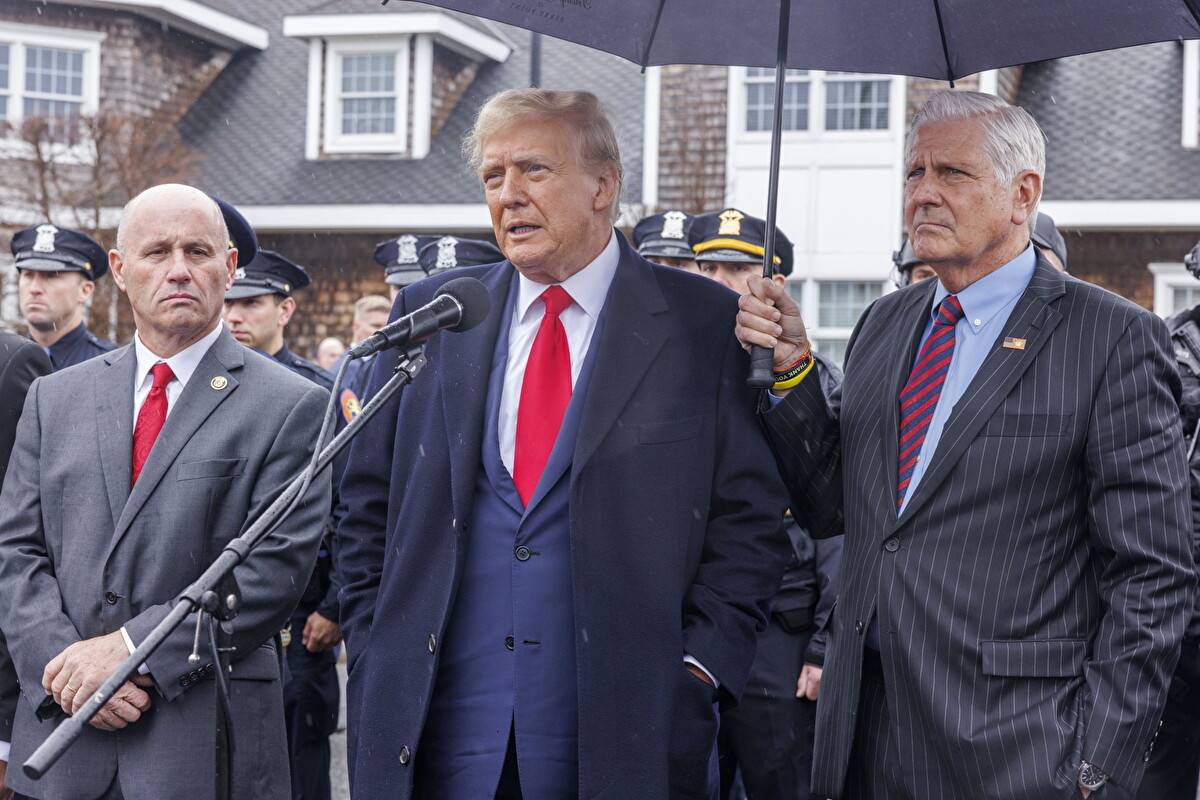A formidable wave of public dissent has been surging in Israel since the outbreak of the war in Gaza, now it’s beginning to come to a head as tens of thousands of Israelis unite in protest, expressing their disapproval of Prime Minister Benjamin Netanyahu’s leadership and demanding the release of hostages held in Gaza. The demonstrations also spotlight grievances over military service exemptions for ultra-Orthodox Jewish men.
The protest, orchestrated by groups including veterans of last year’s mass demonstrations, converged outside the Knesset, echoing the nation’s outcry for an equitable share in military service obligations. This comes in the shadow of a grim toll: approximately 600 soldiers have perished since the outbreak of conflict with Hamas on October 7, marking one of the military’s highest casualty counts in recent years.
Critics of Netanyahu’s cabinet have been vociferous, particularly in light of the Hamas attack that claimed 1,200 lives and saw over 250 Israelis taken hostage to Gaza. Nurit Robinson, a 74-year-old demonstrator, lamented, “This government is a complete and utter failure. They will lead us into the abyss.”
The deadlock over the conscription of ultra-Orthodox Jewish seminary students has only added fuel to the fire. With a critical deadline looming, Netanyahu sought a Supreme Court deferment, a move that resulted in an interim ruling halting state funding for seminary students liable for conscription. However, if he were to permit the abrogation of such an exemption, he would risk losing the support of the ultra-Orthodox community, something that he desperately needs as discontent for his leadership grows daily.
Netanyahu, facing a public clamor for “elections now,” maintains confidence in finding a resolution. He contends that an election amidst the ongoing conflict would significantly disrupt the country’s operations. However, it is a widely held belief that if his official mandate were to be terminated, his legal troubles would resume, as they were put on pause when a “national emergency” erupted.
Concurrently, the Prime Minister has pledged unwavering efforts to secure the release of hostages from Gaza, navigating a complex landscape of international critique and domestic pressure.
The protests not only voice a collective demand for political and military reform but also articulate a broader critique of leadership amidst a turbulent conflict. As Israelis take to the streets, their calls for change resonate with a nation grappling with internal divisions and the ongoing challenge of securing peace and security.












